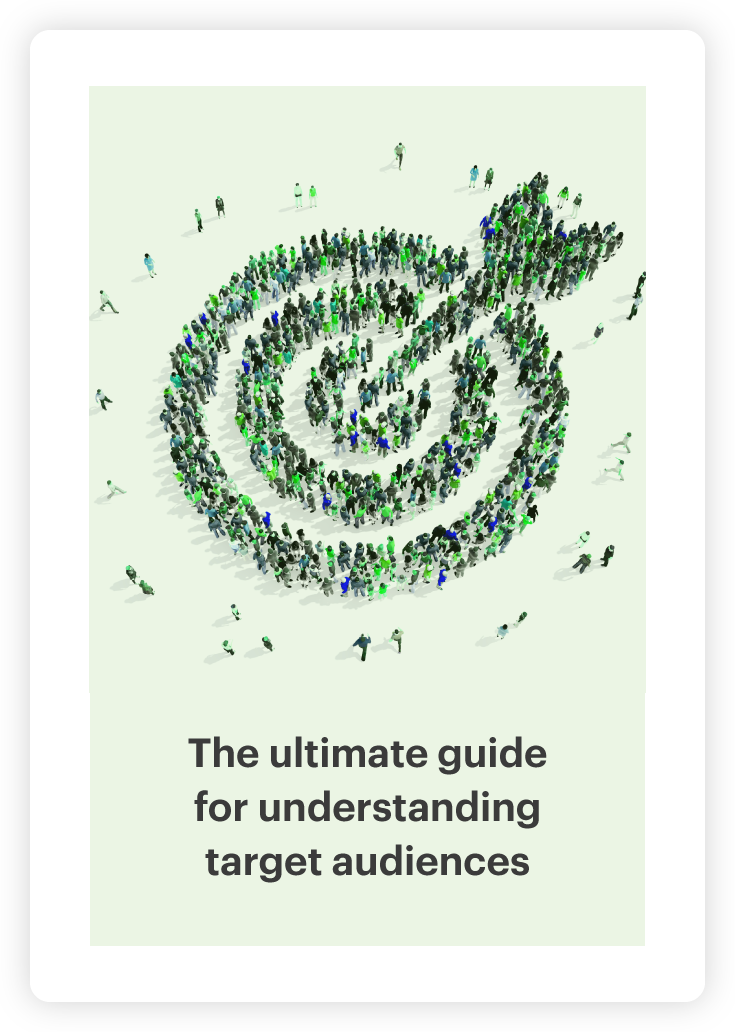Tracking the discussion around the Tokyo 2020 Olympics

Whether you’re a diehard sports fan or not, most of us can appreciate the epic spectacle that is usually the Olympic Games. But after a yearlong postponement due to the COVID-19 pandemic, Tokyo 2020 may go down as the most controversial Olympics in history.
In a poll from May 2021, results showed that almost 60% of people in Japan believed that the Tokyo Olympics and Paralympics should be cancelled this summer. From this shocking statistic, we were interested to see how people’s opinions of the Tokyo Olympics have changed over the past year. We wanted to understand more about how the constantly evolving global circumstances have influenced the way people feel about the Olympics taking place.
To find out, we pulled tweets that mentioned Tokyo 2020 Olympics spanning over the past 18 months – from when the initial postponement was announced on March 24th 2020 to present day. We then uploaded this social data to Relative Insight, where we split the data by timestamp to create three distinct periods:
- Tweets from 2020
- Tweets from 2021
- Tweets from over the course of the Olympics
Next, we ran our comparison. Relative Insight is a text analytics tool that works by comparing two or more language data sets. Our technology pinpoints the words, phrases, grammar topic and emotion that are prevalent in one data set over another. Comparison surfaces key differences, allowing us to track and analyse how sentiment around sports changes over time.
2020: Reaction to the postponement of the Olympics
It’s a shame
When COVID-19 hit in early 2020, the whole world came to a halt. For the first time in Olympic history, the games were postponed. In our analysis, we found that people were twice as likely to be emotional about this decision. Tweets included a variety of upset emojis and the general sentiment of this period was that people were sad that the Olympics had been rescheduled.

Remaining hopeful for the future
However, in a time of uncertainty there is always still hope. Words such as hope, hopefully and future appeared 2x more in tweets over this time period. Looking at this in a broader context, the use of hopeful language highlights the public’s belief that things would eventually go back to normal, post-coronavirus.

2021: Reaction to the Olympics going ahead
Anxiety, worry and anger
In the first half of 2021, the conversation surrounding the Tokyo Olympics shifted from hope to anxiety and anger. As a result of rising COVID cases, a slow vaccination roll out in Japan and the host nation declaring a State of Emergency for the fourth time since the pandemic began, there were widespread calls to cancel the event altogether.
Twitter users were 5.9x more likely to use emotive language to express their worry and anger that the games may go ahead. Furthermore, people called the decision to proceed with the Olympics reckless, dangerous and irresponsible. A key insight we discovered was the call to boycott the Olympics, a word which appeared 15.7x more in this period.

The human cost
Throughout our analysis, we also found that people were 11.4x more likely to talk about the cost to humanity that the Tokyo 2020 Olympics would have. During this period, there was a significantly higher use of phrases such as protect people’s lives and human life. As the vaccination roll out has been slower than most, the influx of athletes, coaches, media and other staff is seen as a greater threat to Japanese residents who are more at risk to the virus. The anger detected in tweets stems largely from the prioritisation of the Olympics over public health.
This is not just public opinion either. Jules Boykoff, a professor at Pacific University in Oregon, claimed that “The decision to press ahead with the Tokyo Olympics in 2021 is truly a matter of life and death.”

July 23rd 2021 to Present: Current reaction
Pride and enjoyment
The strongly opinionated tweets leading up to the Olympics have been replaced with a sense of enjoyment and pride. Since the Tokyo 2020 Olympics began, people are more likely to adopt a positive tone of voice throughout their tweets. This is signified by a higher use of words like loving, excited, proud and enjoying, suggesting spectators are finally getting in the Olympic spirit.

Cardboard beds?
One hot topic you might not have seen coming: cardboard beds. In a bid to keep the Games as sustainable as possible, Japan have created fully recyclable beds for residents of the Olympic Village. After American Olympian Paul Chelimo tweeted that the beds are “aimed at avoiding intimacy among athletes,” fans have informally dubbed them ‘anti-sex beds’. However, like Irish gymnast Rhys McClenaghan, we sense fake news.

Social media is a great tool for keeping an eye on trends, and the Olympics is no different. Normally, the Olympics serves to unite people across the globe. Countries cheer on their top athletes. Children are being inspired to fulfil their sporting dreams. Yet this year, the vibe has been tainted. But by tracking social discussions over time, we can keep one finger on the pulse of public opinion.
